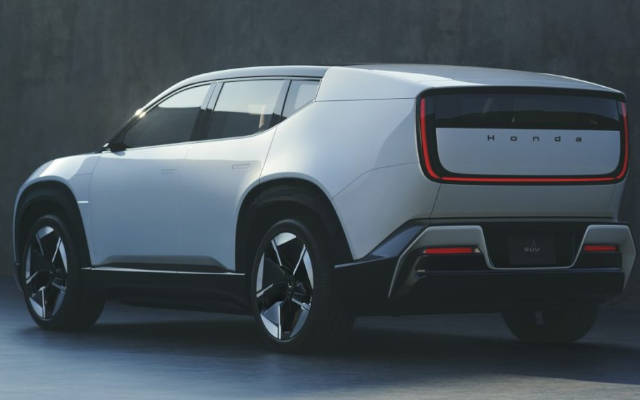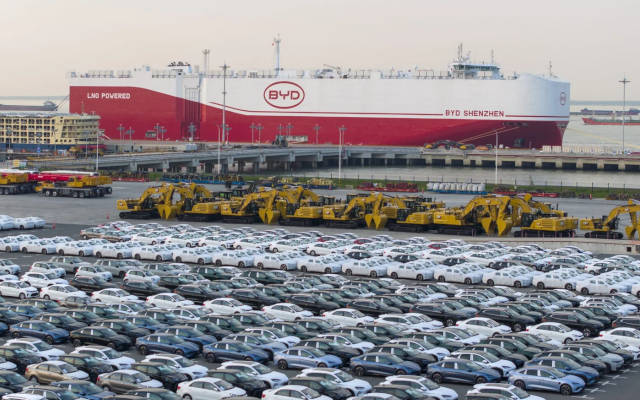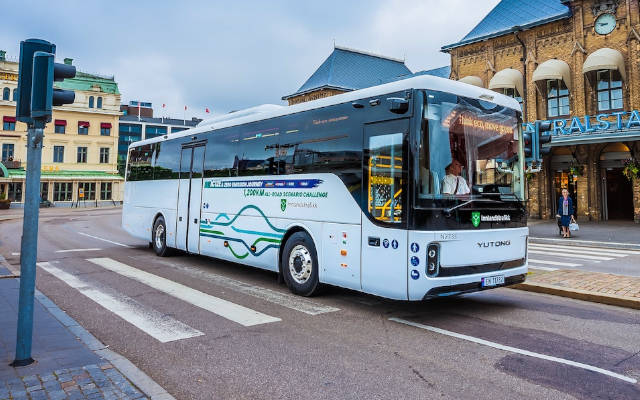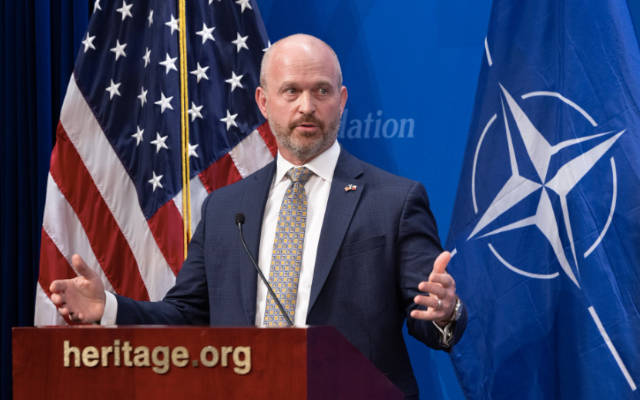 EDITOR'S PICK
EDITOR'S PICK
The EVs We've Lost
22 Jul 2025 | Synopsis
 Global automakers - including Honda, Nissan, Mercedes, Ford, Volvo, Maserati, Ferrari, Lamborghini, Porsche and even Apple - have recently canceled or delayed numerous EV programs due to shifting market dynamics like supply chain issues, slowing demand, policy reversals and tariffs. While some see this as a market correction, others view it as strategic adaptation amid volatility.
Global automakers - including Honda, Nissan, Mercedes, Ford, Volvo, Maserati, Ferrari, Lamborghini, Porsche and even Apple - have recently canceled or delayed numerous EV programs due to shifting market dynamics like supply chain issues, slowing demand, policy reversals and tariffs. While some see this as a market correction, others view it as strategic adaptation amid volatility.China's EV Push in Brazil Triggers Labor, Tariff, and Safety Concerns
22 Jul 2025 | Synopsis
 Chinese EV makers like BYD are flooding Brazil with low-cost imports while delaying promised local production. Labor abuses at a BYD factory site and growing concerns about Chinese EV safety in China are fueling backlash. Brazil is weighing tariff hikes to protect jobs and its auto industry. The controversy underscores global scrutiny of China's EV practices as it expands abroad.
Chinese EV makers like BYD are flooding Brazil with low-cost imports while delaying promised local production. Labor abuses at a BYD factory site and growing concerns about Chinese EV safety in China are fueling backlash. Brazil is weighing tariff hikes to protect jobs and its auto industry. The controversy underscores global scrutiny of China's EV practices as it expands abroad.Yutong's IC12E Electric Coach Demonstrates Real-World 510 km Range Across Europe
22 Jul 2025 | Synopsis
 The world's largest electric bus manufacturer set out to demonstrate the practicality of an intercity electric bus capable of carrying 59 passengers as the IC13E roamed across northern Europe.
The world's largest electric bus manufacturer set out to demonstrate the practicality of an intercity electric bus capable of carrying 59 passengers as the IC13E roamed across northern Europe. EV World's SI contributor expands on the details of the 1200+ kilometer drive from Hamburg to Copenhagen and beyond with as much technical and operational data as it could muster, revealing that even with full passenger load it can do the job.
EVs Reach Carbon Break-Even in 2 Years
20 Jul 2025 | Synopsis
 "...report concludes U.S. battery electric vehicles (BEVs) offset their higher manufacturing carbon emissions within just two years of driving, delivering a 41–71% reduction in total lifecycle greenhouse gases compared to internal combustion engine
"...report concludes U.S. battery electric vehicles (BEVs) offset their higher manufacturing carbon emissions within just two years of driving, delivering a 41–71% reduction in total lifecycle greenhouse gases compared to internal combustion engine"With lifecycle emissions tip in their favor after two years, U.S. OEMs can highlight environmental leadership - if upfront costs and infrastructure follow suit."
Rollback Road: EVs vs. the New GOP Energy Doctrine
20 Jul 2025 | Synopsis
 "Freedom of choice" is the cornerstone of the Trump EV rollback. Positioning mandates and EV incentives as infringements on consumer liberty and economic fairness...The administration's energy policy prioritizes domestic oil and gas
"Freedom of choice" is the cornerstone of the Trump EV rollback. Positioning mandates and EV incentives as infringements on consumer liberty and economic fairness...The administration's energy policy prioritizes domestic oil and gas"Administration's rollback is ideologically clear: small government, fossil fuel loyalty, and populist framing. But its economic implications are less certain..."
 Si Exclusive
Si Exclusive
Hydrogen's Flight Path: Fuel Cells, Turbines, and the Economics of Clean Aviation
10 Oct 2025 |  Aviation is shifting from Jet A to four fuel systems: electricity, hydrogen (fuel cell and combustion), SAF, and petroleum. Fuel cells suit short-haul aircraft; hydrogen combustion may power long-range jets. SAF bridges legacy fleets. Hydrogen costs - $5-$7/kg today, possibly $2/kg by 2040 - impact ticket prices and infrastructure decisions. Airport authorities, airlines, and governments will share deployment costs. Each fuel has distinct environmental pros and cons shaping aviation's net-zero future.
Aviation is shifting from Jet A to four fuel systems: electricity, hydrogen (fuel cell and combustion), SAF, and petroleum. Fuel cells suit short-haul aircraft; hydrogen combustion may power long-range jets. SAF bridges legacy fleets. Hydrogen costs - $5-$7/kg today, possibly $2/kg by 2040 - impact ticket prices and infrastructure decisions. Airport authorities, airlines, and governments will share deployment costs. Each fuel has distinct environmental pros and cons shaping aviation's net-zero future.
 11 Oct 2025 08:49:21 UTC |
RECENT PODCASTS
BYD Soars - Cheaper Tesla Models - The Bolt is Back - Rivian
SEARCH RSSTREAM
 48 New Postings In Past 24 Hours
48 New Postings In Past 24 Hours
Category:mobility
Region:Europe
Date:10 Oct 2025
Category:energy
Region:Global
Date:10 Oct 2025
Category:mobility
Region:SoAmerica
Date:10 Oct 2025
Category:energy
Region:NoAmerica
Date:10 Oct 2025
Category:mobility
Region:NoAmerica
Date:10 Oct 2025
Category:finance
Region:AsiaPacific
Date:10 Oct 2025
Category:policy
Region:NoAmerica
Date:10 Oct 2025
Category:finance
Region:NoAmerica
Date:10 Oct 2025
Category:mobility
Region:AsiaPacific
Date:10 Oct 2025
Category:policy
Region:NoAmerica
Date:10 Oct 2025